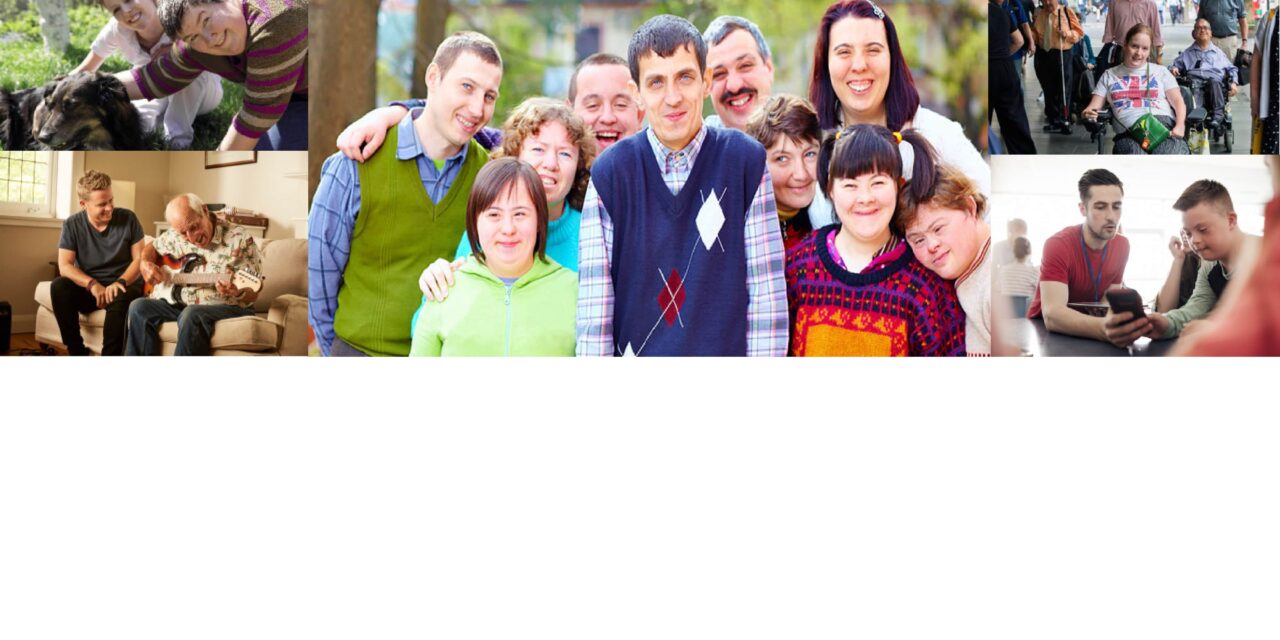For someone to want to leave FMCG is difficult for a number of reasons, however the biggest one is privilege. A middle manager in a profitable global company can start on a salary well north of $100k + car or car allowance and bonus. Yes you usually work long hours but the take home pay becomes a nice safety net indeed. Let’s look at some comparisons.
Managing large teams of sales reps has its challenges, but so do teachers with unruly kids and their salaries max out at $100k after 20-30 years with no car or bonus.
As a manager you have a company credit card for lots of free meals with customers and staff. My partner Lynda advises me that in 30 x years of teaching she NEVER had a free meal.
If you wanted to study, some companies would pay for that in return for a commitment not to leave the business for a few years. Lynda has 3 x degrees including a Masters in Literacy, all paid for by her….. You get the point.
It was expected that when I was on the road, the minimum hotel accommodation was $160 a night and our corporate visitors from Sydney always stayed at Crown Plaza, because they could.
It’s the norm each year to have a national sales conference, usually in an exotic destination. These were decadent to say the least. I remember one Diageo conference on the Sunshine Coast that went for 4 x days. This allowed each brand and marketing team to try and outdo each other with the most memorable evening function. On the first night was a circus act and outdoor dinner sponsored by Baileys, the second night an outdoor Aussie BBQ and live country band sponsored by Bundy Rum, the third night a James Bond Casino theme sponsored by Johnnie Walker and the final evening, a nightclub doof-doof night sponsored by Smirnoff. No expense spared and frankly inane and pointless.
Below is a photo from 1993 at a Carter Holt Harvey Conference at the old Coolum Resort. A fairly standard before and after shot of what happens when you let imbeciles stick their noses into a trough of free food and booze.
- Before
- After
The list goes on. There are corporations that are generous and divest time and money in charities but it’s safe to say the world of FMCG is a fairly comfortable existence to work in and subsequently a hard one to leave.
A few things spring to mind when making the decision to leave all this behind. Firstly I had coached an intellectually disabled footy team for a few years and thoroughly enjoyed it.
This a short blog post from 4 x years ago.
Secondly, the experience of driving clients around in 2020 really hit home. It was a bit like driving 8 of your best mates around, but what “got me” every morning and afternoon was the greeting my clients got when they departed or arrived home. Almost all of my clients were over 40 and had lived at home all their lives. Their elderly parents would come out to greet the bus, wave at me in a gesture of thanks, then give their child a huge hug without fail. It choked me up every time.
The third “sliding doors” moment was meeting my late “sister in law” Desma. Lynda is one of 4 x girls with Desma being her older sister and was born with an intellectual disability. She sadly lost her battle with cancer a couple of years ago and she will always be the toughest woman I’ve ever met. Stubborn by nature, a lover of arts, crafts and music and never, ever complained about what must have been incredibly painful and terrifying. We all miss her dearly.
In 2010 the government commissioned a report into disability in Australia. There was a truckload of findings that were frankly shameful in regards to the treatment of those with a disability.
The outcomes provided steps for positive change and the NDIS (National Disability Insurance Scheme) was formed. This meant that families and individuals could apply for funding in order to make their own choices to a better life. Previously, it was seen to be too hard. Many people were shunted into institutions or shared accommodation, barely seeing the light of day.
As a result of the increased funding, service providers have popped up everywhere. Their responsibility is to be an accredited conduit between the clients and support workers. My timesheets, kms and case notes are all done via an app on my phone and all correspondence is done via email and text. I haven’t physically met anyone from my service provider which is odd but it seems to work.
Having said that, the coordinators who I report to, are in constant communication with the clients receiving their feedback about my performance. Not all clients are a match. I had one gentleman for a month or so that I struggled to connect with and add value to. We decided to pull the pin and find him someone else. The dialogue was open and honest with no hard feelings.
Clients that require support can have a fascinating range of disabilities that can challenge you and keep you busy. I don’t work with people that require toileting or showering assistance. My level of support is recovery from trauma and getting clients into the community. I deal with schitzophrenia, depression, PTSD, autism and a number of physical health issues.
My clients are brave, inspirational and I love getting to know them better with every visit. We set small goals and I encourage them to use Neale Daniher’s mantra of “choose your attitude”. It’s a very rewarding feeling when you see the little steps starting to become bigger ones.
There is so much work available in the industry, not just in support work but at a management level. I could definitely see many of my old colleagues having the transferable skills to take these job on. The best website to visit if you are interested is: www.ethicaljobs.com.au
In terms of qualifications you require a minimum Cert 3 in Disability, Community Studies or Mental Health. I was able to get employed based on my past lived experience and I have now completed a Cert 4 in Mental Health on line.
The salary for this role is very competitive so if you would like to know more I’m happy to share that with you.
Working in disability may not be rocket science but there are days that can test you. The human spirit is highly unpredictable so you need to be on your toes. The most important asset is empathy. If you don’t have the capacity to put yourself in someone else’s shoes, forget it.
A common term used in this field is Duty of Care v Dignity of Risk. It’s critical that despite taking care of your client, you need to allow a level of risk in order for the client to be able to make mistakes, learn and grow. You’re not there to pander. Like any business worth its salt, it’s about continuous improvement.
Try manufacturing empathy and a client will spot it a mile away. Authenticity is extremely important and so is compassion. Much of the success that can attributed to the amazing and woefully underpaid health workers we have in this country is down to empathy and compassion. Our politicians could do with the same.
For more information regarding a career in the disability or mental health sector this website may be helpful or contact me at ian.wilson6344@gmail.com







Good on you Willow. I have spent the last 8 years working in the NFP sector after high paying jobs in government and the corporate sector. None of that compares to the satisfaction of knowing that you have helped a young person make a better life choice, learn how to manage their mental health and increase their self-worth, confidence and resilience. Proud of you 👏🏼 Liz xxx
Thanks Liz. Lovely to hear from you. I remember you changing careers and perhaps heading back to the Peel region. You do realise that it was you who inspired me to write! Thanks so much for your encouragement all those years ago. xx